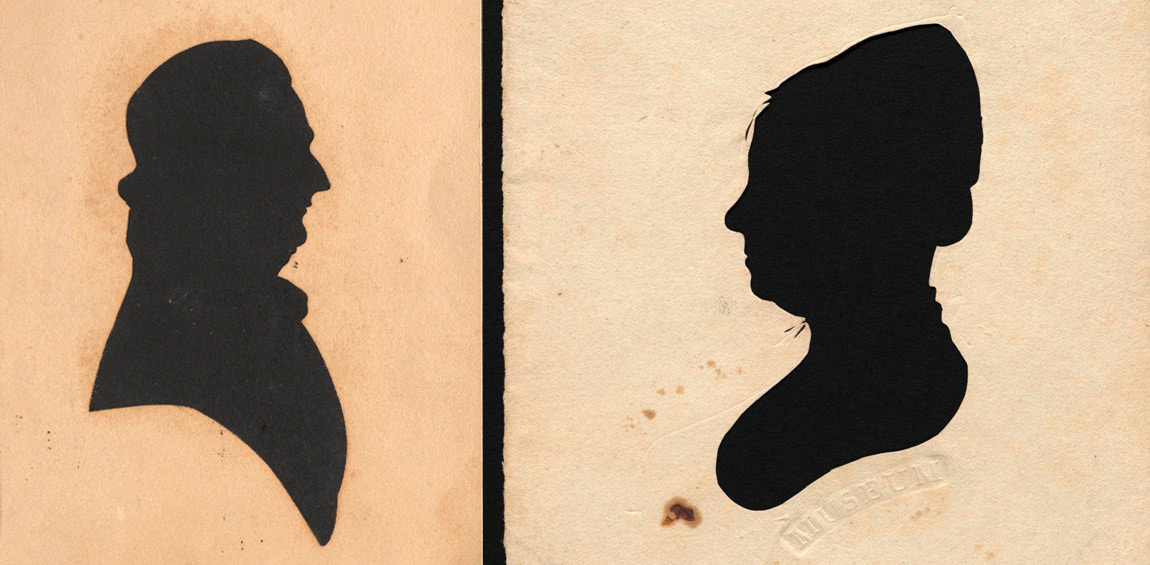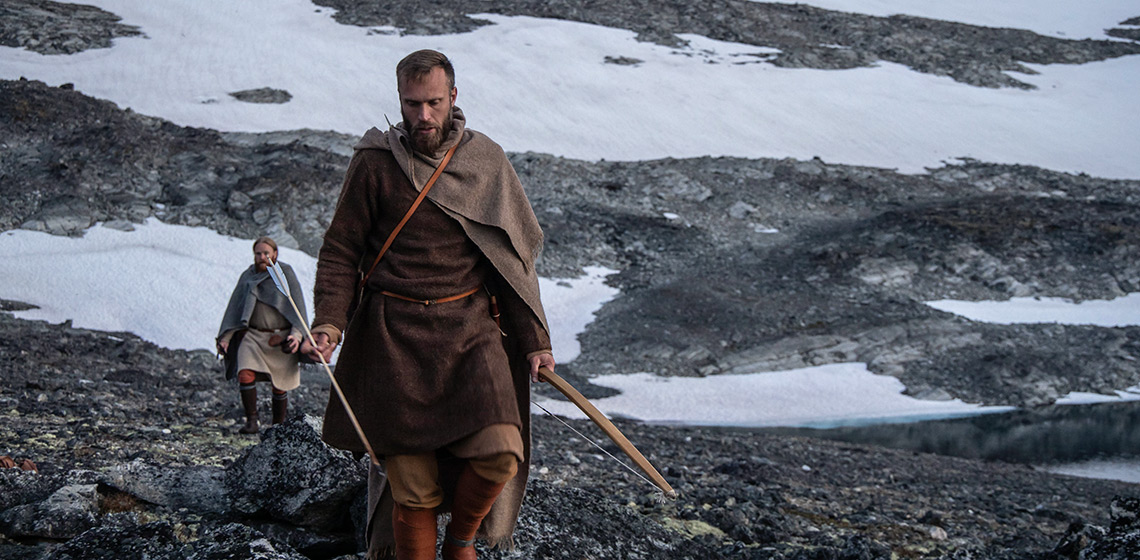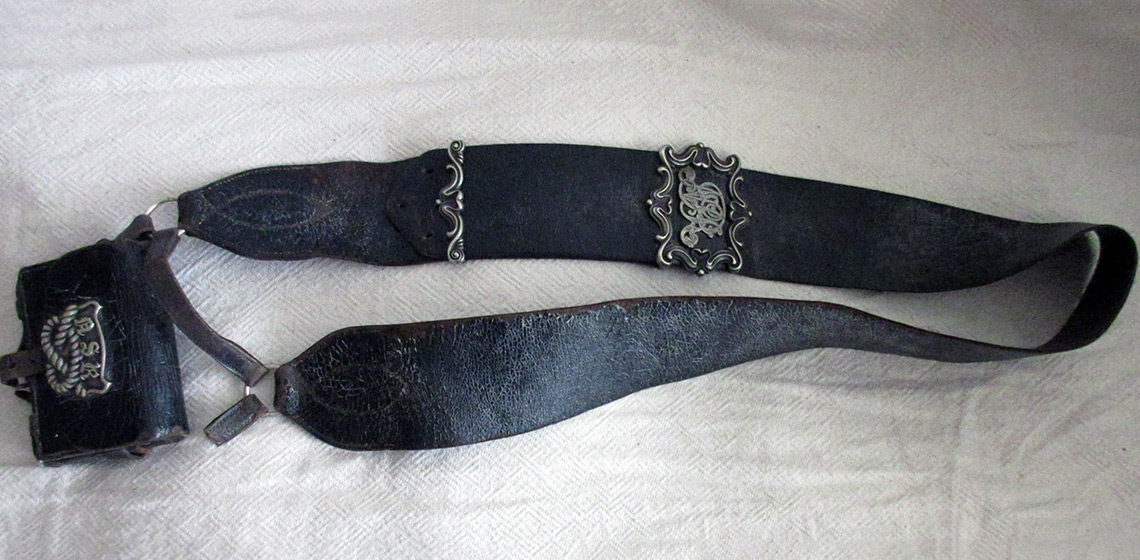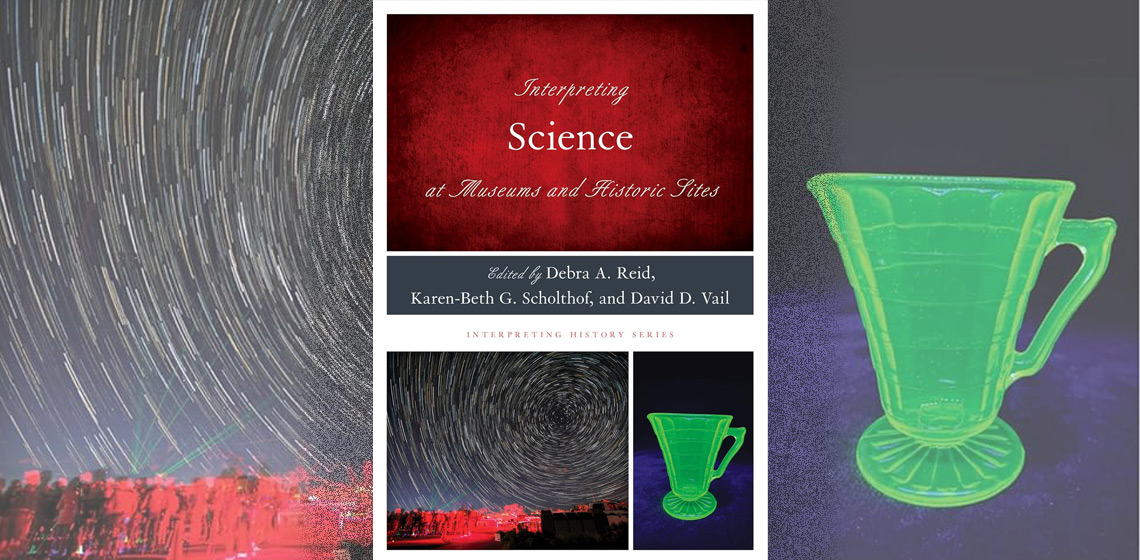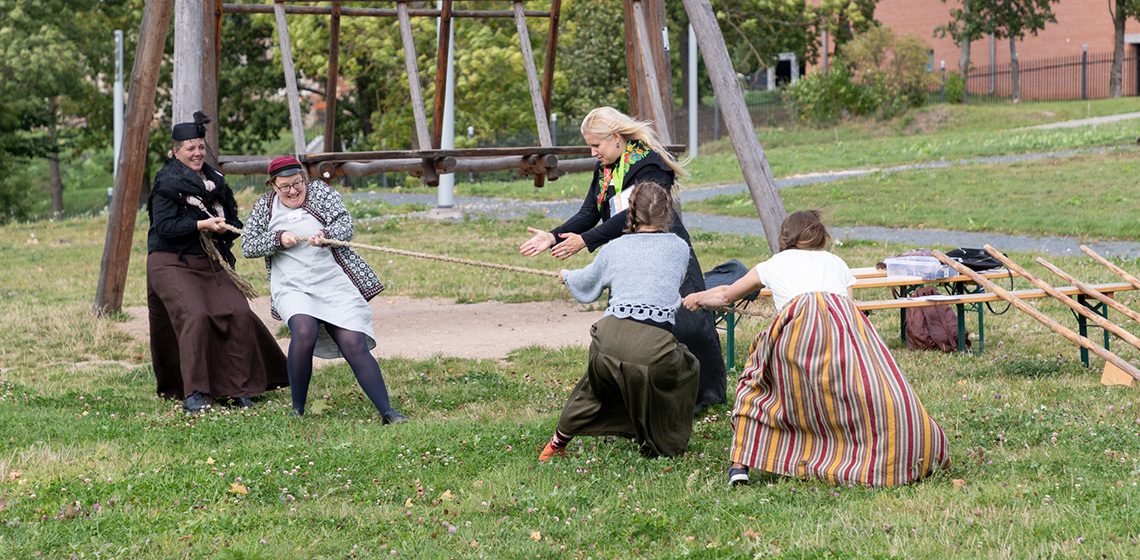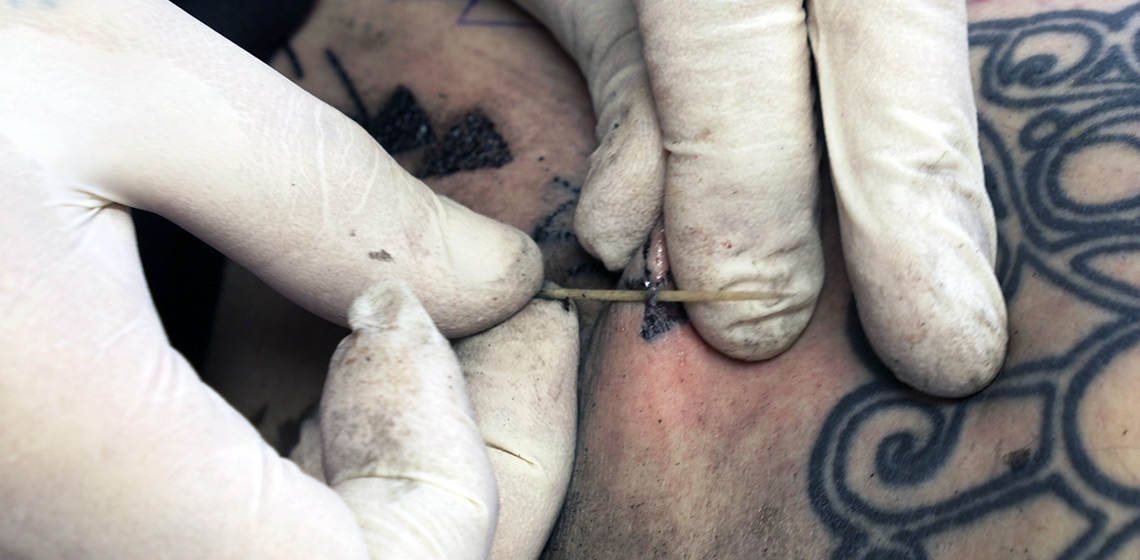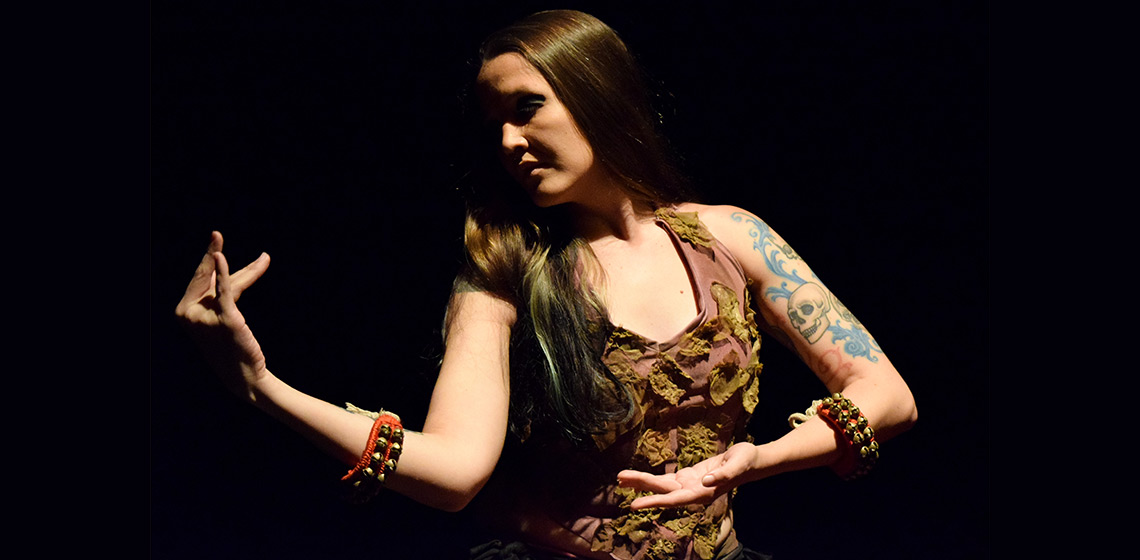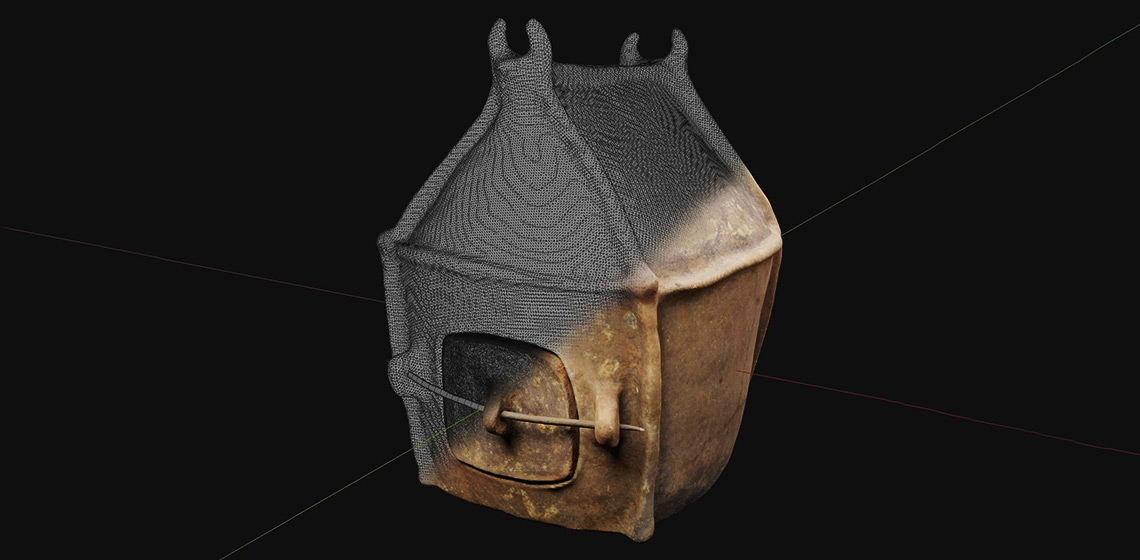interpretation
The Itinerant Artist: Portraiting Early America Using Scissors, Soot and Beer
Publication Date
Hundreds of thousands of profile portraits known as silhouettes were created in the new United States in the first decade of 1800 alone. Since the 1990s, museum conservators have wondered how to best care for the materials of these objects in their collection, and a key to understanding conservation is to understand the original fabrication. Volumes of histories have been written of the art and artists, but few analyses and no published experimental studies about the materials themselves have been produced...
Interview: A Journey Through Time - Rickard Åkesson, the CEO of Hands on History, a Cultural Heritage Enthusiast
Publication Date
In this interview for EXARC, Rickard Åkesson converses with fellow Viking enthusiast Vicky Mikalsen. They share how Viking history became a passion, and how they have been involved with events, conferences and living history. Many of you know Rickard Åkesson as a re-enactor for the last 20+ years...
All Aboard! A re-enactment approach to Victorian Railway Guard’s Clothing
Publication Date
This paper examines the form, function and practicality of the clothing worn by late nineteenth century railway guards in Britain. It does so by taking a re-enactment approach, involving the commissioning, wearing, and reporting of replica garments in an appropriate workplace. It demonstrates that whilst such uniforms were smart and created an impression of authority in the wearer and potential viewer...
Book Review: Interpreting Science at Museums and Historic Sites by Debra A. Reid (eds)
Publication Date
We live in a time when advances in science and technology can quickly outpace our ability to understand its impact on our past, present, and future. Interpreting Science at Museums and Historic Sites provides insights into how museums and historic sites can bridge this gap so that we can better understand the past and perhaps influence future social directions for the better...
Time travel – a Great Method to Strengthen Cooperation between Museums and Schools. The Experience of Nationwide Time Travels in Estonia.
Publication Date
In Estonia the method of Time Travel has been used for more than 10 years. While the first time travels were conducted in a rather casual and modest way, a change took place in 2016 with the first nationwide project. By today more than 23 000 students have participated in the nationwide time travel events and it has become an important way of cooperation for museums and schools.
Examining the Physical Signatures of Pre-Electric Tattooing Tools and Techniques
Publication Date
This paper presents the first experimental archaeological study to formally compare the physical characteristics of tattoos made on human skin using multiple pre-modern tools and tattooing techniques. Our project used eight tools fashioned from animal bone, obsidian, copper, and boar tusk, along with a modern steel needle, to create tattoos on the leg of co-author Danny Riday...
The Experimenter's Body: Movement as an Artifact
Publication Date
This paper summarises a part of the discussions carried out in the author's MA in Archaeology at the Federal University of Rio de Janeiro - Brazil. Starting from the question “when the only thing we have is the archaeologist’s body, how can we do archaeology?” We propose to engage with methodologies and theories from the field of Dance to analyse the experimenter’s body in experimental archaeology research...
Discussion: Inclusivity in historical interpretation: Who has access and who is erased?
Publication Date
The discussion of ‘authenticity’ in living history has been one of the main themes since the conception of contemporary historical interpretation. Our quest for authenticity should, in my opinion start with a thoughtful discussion: What goal do we want to reach through living history?...
Blending the Material and the Digital: A Project at the Intersection of Museum Interpretation, Academic Research, and Experimental Archaeology
Publication Date
The power of digital technologies to communicate archaeological information in a museum context has recently been critically evaluated (Paardekooper, 2019). A recent collaboration between members of the Tracing the Potter’s Wheel project, the 4D Research Lab, and the Allard Pierson Museum and Knowledge Institute illustrates the way that such...
The Story of your Site: Archaeological Site Museums and Archaeological Open-Air Museums
Publication Date
Archaeological site museums may not be that well defined worldwide, yet, they are found almost everywhere. Archaeological sites with reconstructed buildings based on archaeology however seem to be a younger phenomenon and are mainly concentrated in Europe, Japan and North America. Both types of museums however have old roots. Important is not so much the site per se, but the message...

